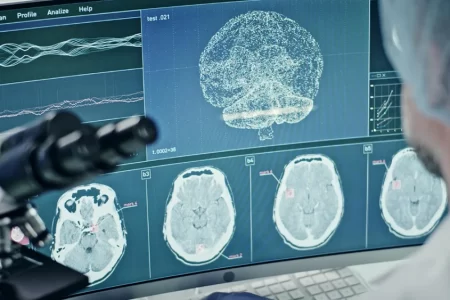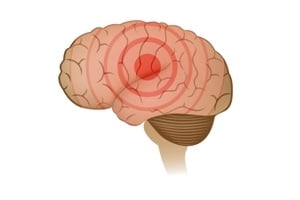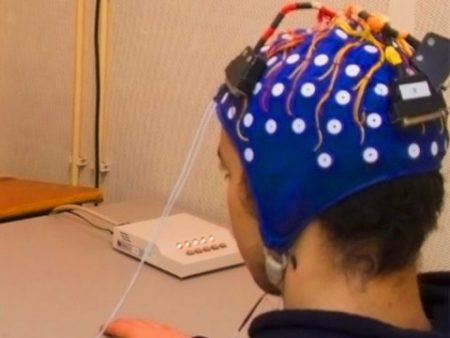What is a Seizure?
- Updated on: Jul 9, 2024
- 2 min Read
- Published on Apr 19, 2021
Seizure
Seizures are symptoms of a brain problem. A seizure is a sudden abnormal surge of electrical activity in the brain. It usually affects how a person appears or acts for a brief time.
Many different things can occur during a seizure. Whatever your brain and body can do in a normal situation can occur during a seizure also.
When we think of seizures, we often think of convulsions in which a person’s body moves rapidly in an uncontrolled way. But not all seizures cause convulsions. Many seizures show only mild symptoms.
What happens in the brain during a seizure?
The electrical activity of brain develops as a result of complex chemical changes that occur in nerve cells. Brain cells either excite or inhibit other brain cells from sending messages.
Generally there remains a balance of cells that excite and those that stop these messages. When a seizure occurs, there may be too much or too little activity, and an imbalance occurs between exciting and stopping activities.
The chemical changes can lead to surges of the electrical activity. Sometimes, they are a symptom of different disorders that can affect your brain. Some seizures are low intensity and can hardly be noticed, while others can totally disable.
How long does a seizure last generally?
Seizures usually come suddenly. How long and severe they are can differ. A seizure can happen just once, or may occur many times.
Most seizures last from 30 seconds to 2 minutes and do not cause any lasting harm. However, if seizures last longer than 5 minutes or if a person has many seizures and does not wake up between them, it becomes a medical emergency.
Seizures and epilepsy
There could be many causes of seizures such as use of certain medicines, high fevers, injuries on the head and certain diseases. If the seizures keep coming back due to a brain problem, this is due to a disease called epilepsy or a seizure disorder.
Only less than one in 10 people who have a seizure get epilepsy.
Types of seizures
Seizures are classified into two broad categories based on the type of behavior and brain activity:
- generalized
- partial
Classifying the type of seizure helps doctors diagnose whether or not a patient’s seizure is due to epilepsy.
Generalized seizures are produced by electrical activities from across the entire brain, whereas partial seizures are produced from impulses in certain smaller regions of the brain. The part of the brain responsible for the generation of seizures is called focus.












